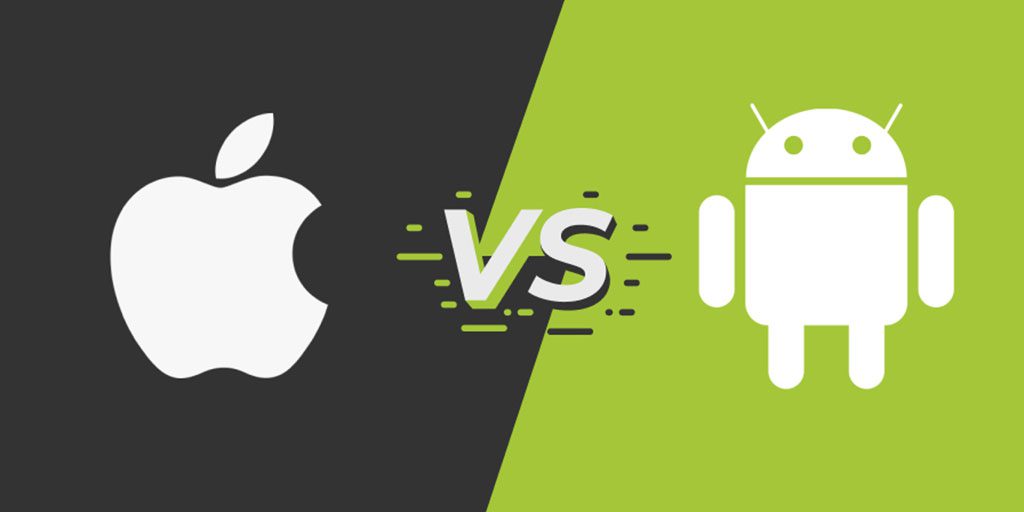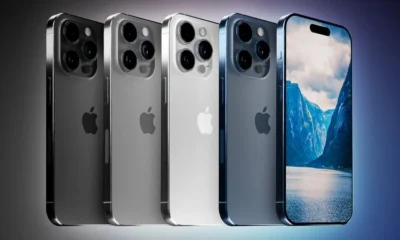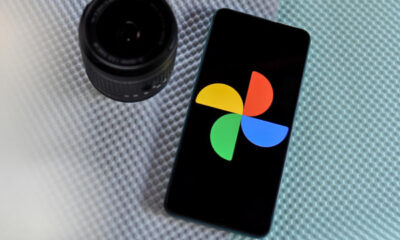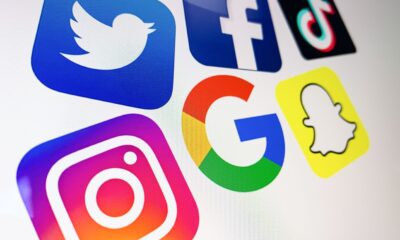Tech
Android vs iOS in 2023: The Mobile OS Showdown Continues
Neque porro quisquam est, qui dolorem ipsum quia dolor sit amet, consectetur, adipisci velit, sed quia non numquam eius.

The world of smartphones is divided into two distinct hemispheres—Android, developed by Google, and iOS, designed by Apple. This dichotomy has been the subject of much debate, scrutiny, and a myriad of opinion pieces over the years. As of 2023, both systems have evolved significantly, continually refining their features, security, and user experience.
Customizability: Android Leads the Way
Android
Android remains the champion of customizability. Its open-source nature allows developers and users alike to tweak almost every aspect of the system. This flexibility extends from aesthetic changes, like themes and icons, to deeper customizations such as ROMs that offer entirely different experiences from stock Android.
iOS
Apple’s iOS, on the other hand, keeps a tighter grip on its ecosystem. However, iOS 15 and 16 have brought about widgets and more customization features that have been well-received. While this opens up new possibilities, it’s still not at par with Android’s extensive customization options.
App Store vs Google Play: Quality vs Quantity
iOS
Apple’s App Store continues to emphasize quality and user security. Developers need to go through a more stringent approval process, which leads to higher-quality apps populating the platform. The downside is that this can stifle some of the more experimental apps that might find a home on Android.
Android
Google Play Store, with its laxer regulations, offers a broader range of apps. The choice is vast, but this comes at the cost of some lower-quality apps slipping through the cracks. As of 2023, Google has taken steps to improve app security, but it’s still seen as less stringent compared to Apple.
Performance and Hardware: Varied vs Uniform
Android
One of Android’s most compelling features is its diversity of hardware. From budget-friendly devices to high-end flagships, there is an Android phone for everyone. However, this means that developers have to optimize their apps for a wide array of hardware, which can be challenging and can sometimes lead to inconsistencies in performance.
iOS
Apple’s limited range of iPhones offers a more uniform experience. Apple controls both the software and hardware, allowing seamless optimization. This often results in smoother and more stable performance.
Ecosystem: iOS’s Closed Garden Blooms
Both Android and iOS offer robust ecosystems for integrating with other devices. However, iOS takes the cake when it comes to a seamless cross-device experience, thanks to the ever-expanding line of Apple products and services. With features like Handoff, Universal Clipboard, and Continuity, moving between iPhone, iPad, and Mac is nearly effortless.
Security: iOS Still Holds the Crown
Apple’s closed ecosystem contributes to better security measures. Frequent updates, stringent app reviews, and end-to-end encryption are among the features that give iOS an edge.
Android has made significant strides in improving security, especially with features like sandboxing and monthly security patches. But due to the system’s openness and diversity of devices, it is generally perceived as less secure than iOS.
Cost: The Android Advantage
Android’s range of devices offers a more budget-friendly selection. Flagship Android phones often offer comparable performance to iPhones but at a lower price point. Furthermore, the mid-range and budget Android smartphones have become increasingly reliable and feature-rich.
Conclusion: To Each Their Own
The Android vs iOS debate in 2023 boils down to what you value most in a mobile operating system. Do you prioritize customization, a broad range of hardware, and cost-effectiveness? Android is likely your best bet. If a secure, seamless, and streamlined experience is what you’re after, then iOS may be the better choice for you.
Both platforms have matured considerably, narrowing the gap in terms of features and capabilities. In the end, it’s increasingly less about which system is objectively better and more about which best suits your individual needs and preferences.











